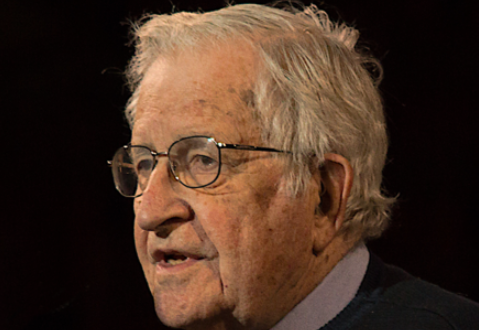When I posted last June about an upcoming movie comedy depicting a CIA plot to assassinate North Korean dictator Kim Jong Un, I titled the post: Not coming soon to the Pyongyang multiplex.
Now, it appears, it won’t be coming to any theaters in the US either.
Sony Pictures Entertainment has dropped its plans for a Dec. 25 release of “The Interview,” a crude comedy that prompted a threat of terror against theaters.
The cancellation Wednesday afternoon came as the largest United States and Canadian film exhibitors said they would not show the movie.
In a statement, Sony said: “We respect and understand our partners’ decision and, of course, completely share their paramount interest in the safety of employees and theater-goers.”
On Wednesday afternoon, AMC Theaters, citing “the overall confusion and uncertainty” around the film, joined Carmike Cinemas, Cinemark and Regal Entertainment in dropping the film. Together, those exhibitors control more than 19,200 screens across the United States. Smaller American chains and Canada’s Cineplex Entertainment also canceled the film.
On Tuesday a threat of terrorism against theaters that show “The Interview” was made in rambling emails sent to various news outlets. The threat read in part, “Remember the 11th of September 2001.” The emails aimed the threat at “the very times and places” at which “The Interview” was to play in its early showings.
Once the hackers threatened physical violence, the film’s cancellation became almost inevitable, even though Sony had spent a day maintaining its plans for the release and premiere. Since the Aurora, Colo., theater shooting in 2012, Cinemark had fought lawsuits with a defense that said the incident was not foreseeable — a stance that would have been virtually impossible with “The Interview.”
North Korea has been accused of hacking Sony’s website and releasing sensitive information from it.
It’s unfortunate that the world’s most brutal and repressive regime can stifle free expression like this. Imagine US movie companies and theaters in the 1930s and 1940s caving in to threats against a crude comedy depicting an attack against another brutal dictator:
Update: Commenter stevens reminds us that Hollywood largely kowtowed to the Nazis after Hitler came to power in 1933 in order to protect its position in the German film market. It only started producing anti-Nazi movies and cartoons in large numbers after the outbreak of World War II.
Further update: Reportedly, another movie company has canceled plans to make a North Korean-based thriller.
Will filmmakers and producers now shy away from any controversial project that might cause someone to issue threats?
Scott Mendelson writes at Forbes:
Make no mistake, if this threat has the desired effect of muting or outright preventing the theatrical release of The Interview, the precedent might utterly destroy the ability for Hollywood to produce films about any remotely hot button topic or merely leave the biggest blockbusters as the perfect pawn in every would-be nut job’s newest quest for attention. I am terrified of the long-term implications if these schmucks win out, although you can argue that the damage done to Sony means they have already won and that studios will think twice before green-lighting anything politically challenging as a result.
Additional update: A number of celebrities have expressed their disgust on Twitter– including this from Rob Lowe, of all people:
Saw @Sethrogen at JFK. Both of us have never seen or heard of anything like this. Hollywood has done Neville Chamberlain proud today.
— Rob Lowe (@RobLowe) December 17, 2014
Another update: Some commenters have criticized President Obama for not taking a stronger stand on this. Here’s how he responded on Friday:
“They made a mistake,” said the president. “We cannot have a society in which some dictator someplace can start imposing censorship in the United States.”
The commander in chief expressed concerns that canceling a satirical movie sets a dangerous precedent that could lead to documentaries and even news reports being retracted or shelved.
“I wish [Sony] had spoken to me first,” Obama lamented, adding that Americans should not be worried about “offending sensibilities of people whose sensibilities should be offended.”


